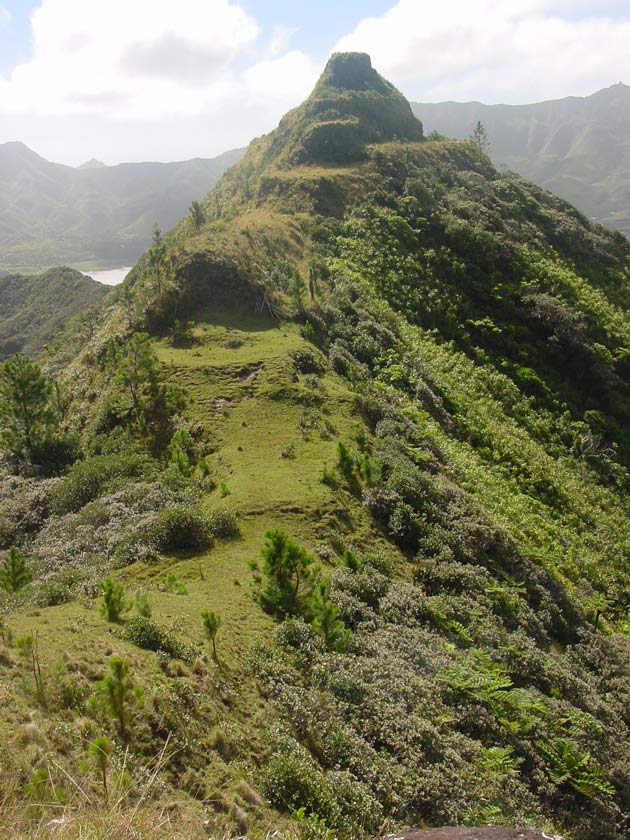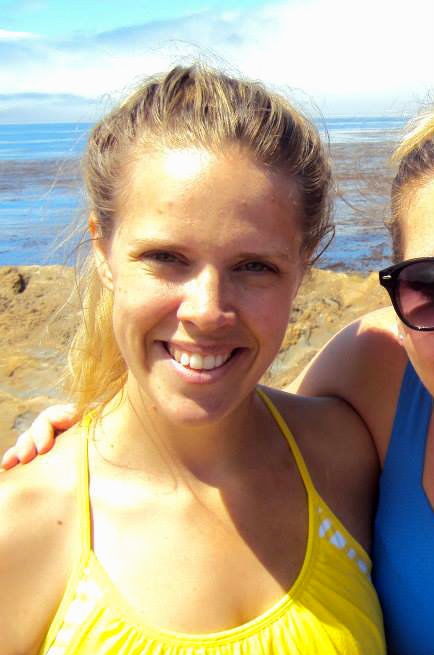
Heather Whipps
Latest articles by Heather Whipps
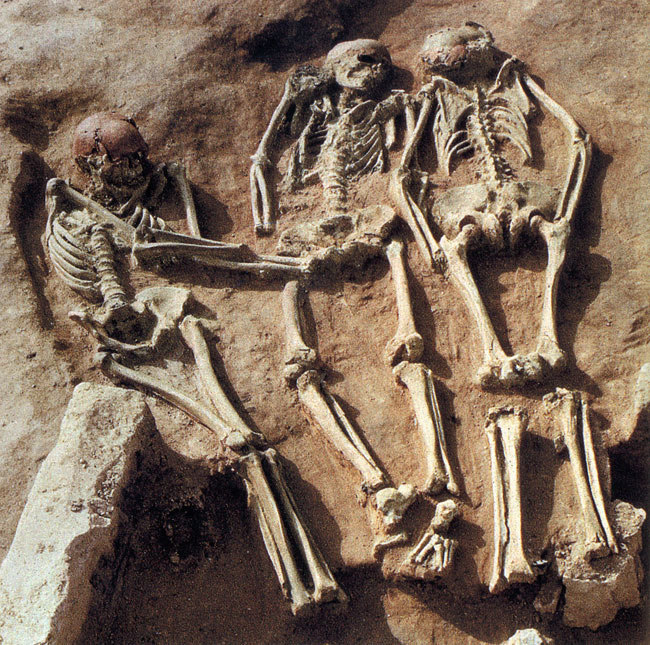
Early Europeans Practiced Human Sacrifice
By Heather Whipps published
A study of pre-historic remains suggests human sacrificial practices.
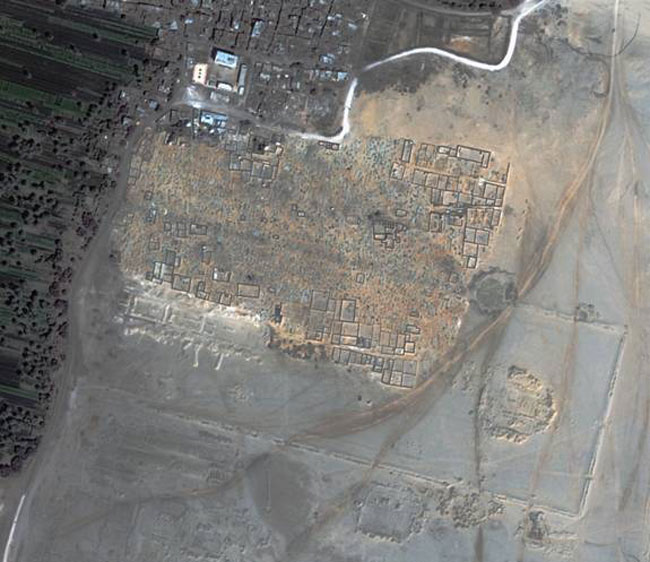
Ancient Egyptian City Spotted From Space
By Heather Whipps published
Satellites have zoomed in on an ancient Egyptian metropolis, archaeologists say.
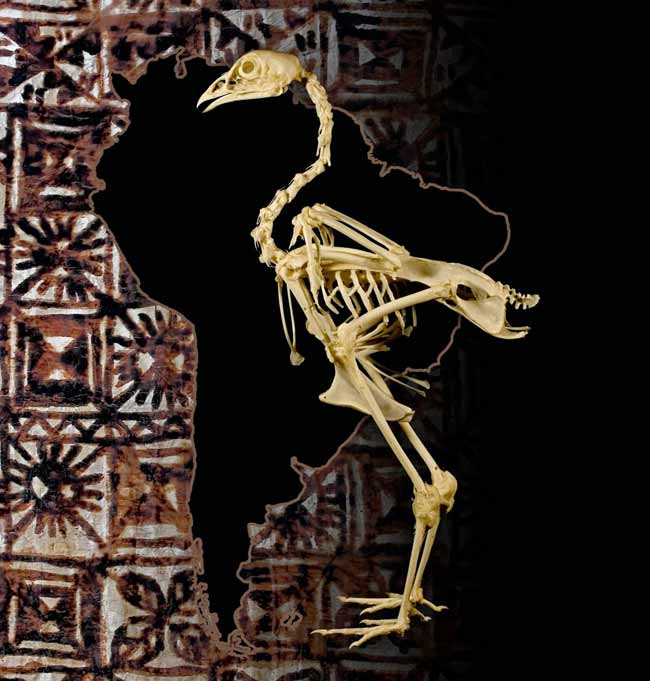
Chicken Bones Suggest Polynesians Found Americas Before Columbus
By Heather Whipps published
Which came first–-the Polynesian chicken or the European?
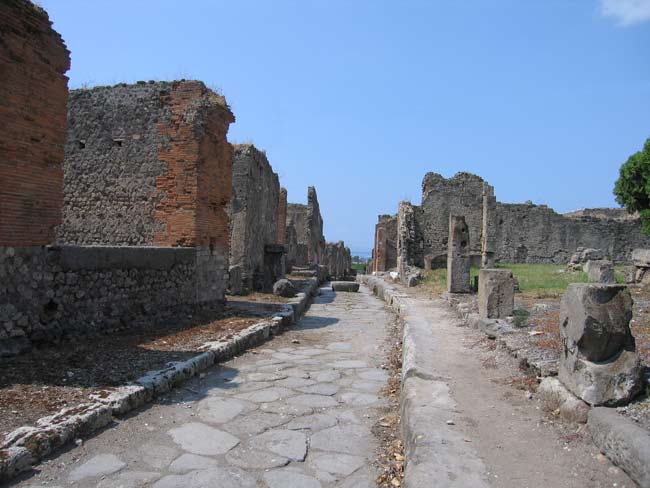
Secrets of Ancient Pompeii Households Revealed in Ruins
By Heather Whipps published
Residents of Pompeii ate their meals on the run, just like many Americans do today, according to a new study.

Amazing Maps Made by Founder of 1st U.S. Settlement
By Heather Whipps published
The famous founder of America's first settlement mapped the Chesapeake Bay with stunning accuracy, historians now say.
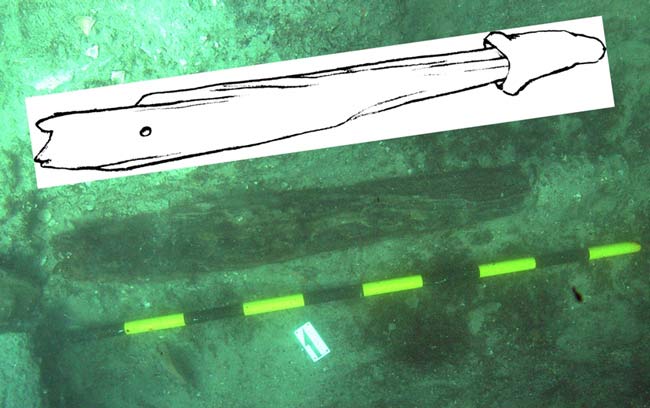
Divers Discover Oldest Wooden Anchor
By Heather Whipps published
Ship sailed between Greece and Turkey in 7th century B.C.
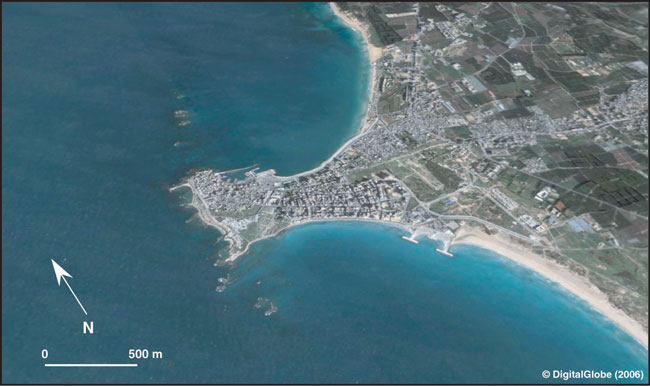
Mystery Solved: How Alexander the Great Defeated Tyre
By Heather Whipps published
Ancient sandbar allowed him to build a causeway to the island.

Mystery Surrounds Possible Oldest Church in North America
By Heather Whipps published
The church may lie beneath a small town in Newfoundland. But a dead historian's notes were destroyed at her request, so no one is sure.
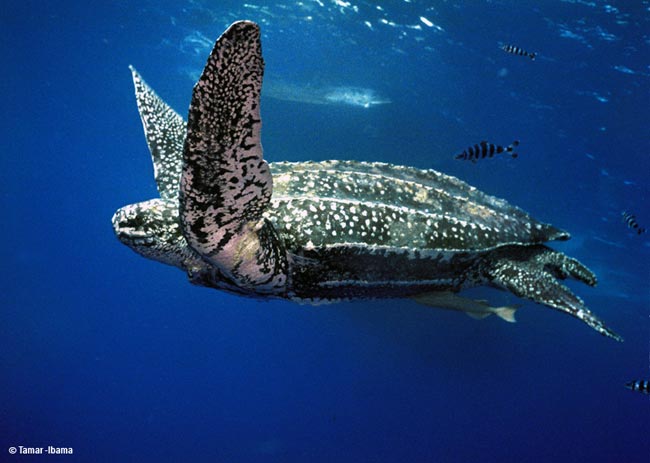
Great Turtle Race Staged in Pacific
By Heather Whipps published
Slow and steady might win a race among 11 leatherback turtles engaged in a heated swim contest from Costa Rica to the Galápagos.

Study Reveals Why We Get Distracted So Easily
By Heather Whipps published
Distractions are processed by the brain more quickly than things we try to concentrate on.
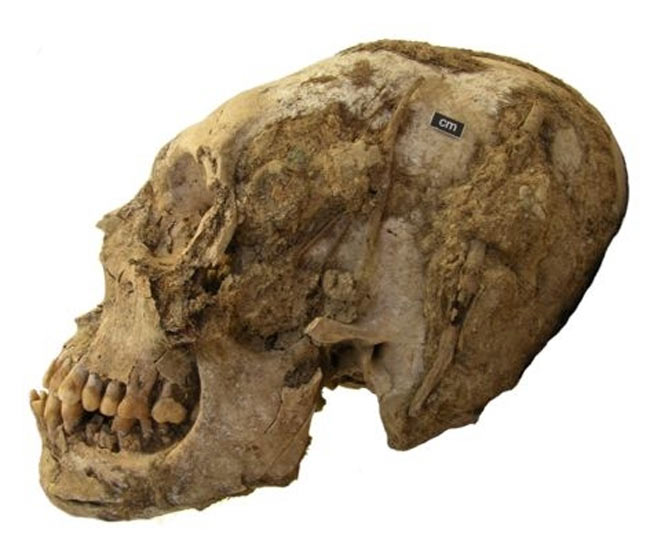
Ancient Head-Squishing Violence Revealed
By Heather Whipps published
Ancient Peruvian aristocrats dismembered and disfigured their less well-off neighbors as a scare tactic, new archaeological finds suggest.
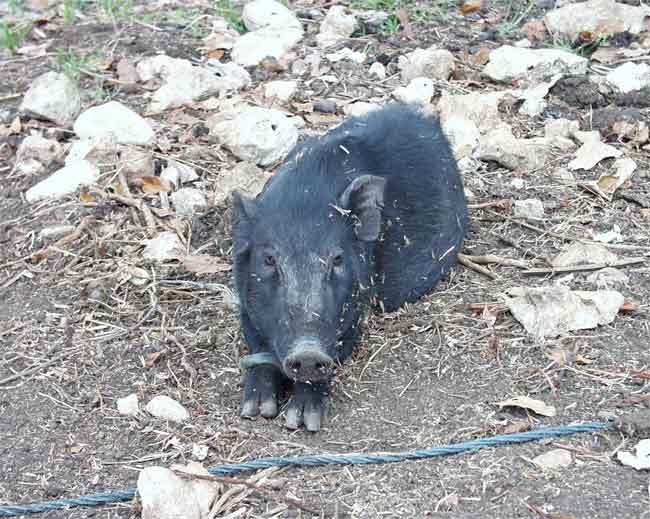
Pig Journeys Reveal Human Migration Patterns
By Heather Whipps published
Pigs made the harrowing journey about 3,500 years ago to the most remote islands of the Pacific alongside their ancient human owners, and that partnership is revealing how the region was colonized.
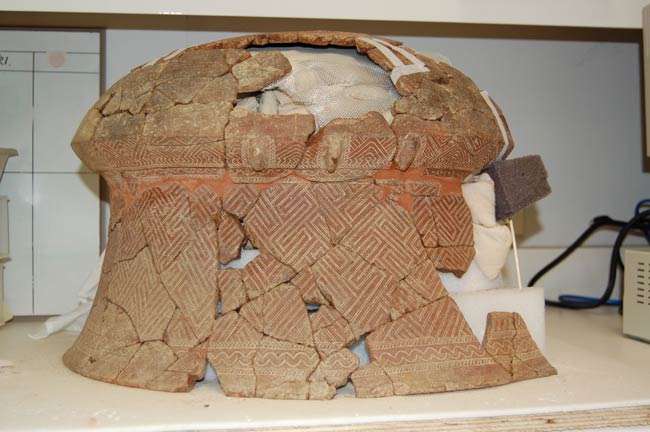
Headless Bodies Hold Secrets to Pacific Migration
By Heather Whipps published
Ancient headless bodies discovered on the island of Vanuatu could help trace the colonization of the Pacific islands.

Medieval Islamic Mosaics Used Modern Math
By Heather Whipps published
The swirling Arabesque ceramic tiles used in medieval Islamic mosaics and architecture were produced using geometry not understood in the West until the 1970s.
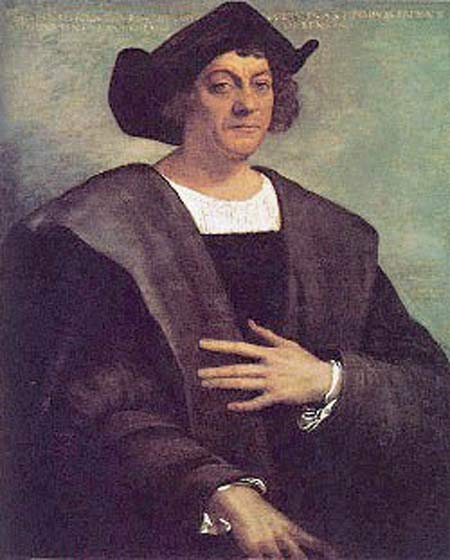
Desperate New World Settlers Stole Christopher Columbus' Silver
By Heather Whipps published
A desperate band of stragglers tried smelting silver they took from the explorer's royal cache, new findings suggest.
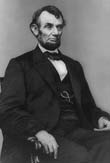
Abe Lincoln Had Shattered Nerves, Study Suggests
By Heather Whipps published
Honest Abe might have suffered from a genetic disorder that literally shattered his nerves and would explain his gangly walk.
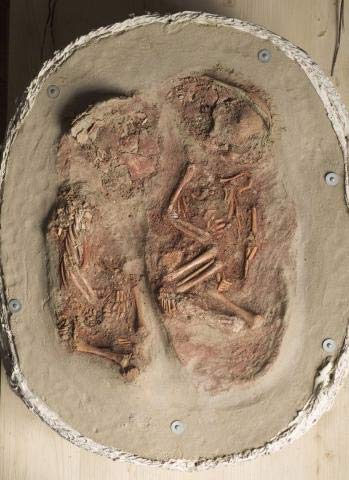
Buried Babies Suggest Prehistoric Compassion
By Heather Whipps published
Infants may have been considered equal members of society 27,000 years ago, contrary to the belief they were treated with indifference.

Coffee to Maggots: Top 10 Bad Things That Are Good For You
By Heather Whipps published

Secret of Cold War Spy Messages Revealed
By Heather Whipps published
The invisible ink formula used by East German secret police to pass messages during the Cold War has remained classified, until now.
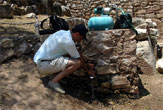
New Theory on What Got the Oracle of Delphi High
By Heather Whipps published
A simple cocktail of gases could have induced the psychic trances that the Pythia used to channel the gods and dish out their advice.
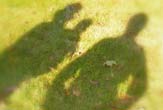
U.S. Population Nears 300 Million as Households Shrink
By Heather Whipps published
A baby born some time this October will be the 300-millionth American, but he or she shouldn’t expect a house full of siblings.
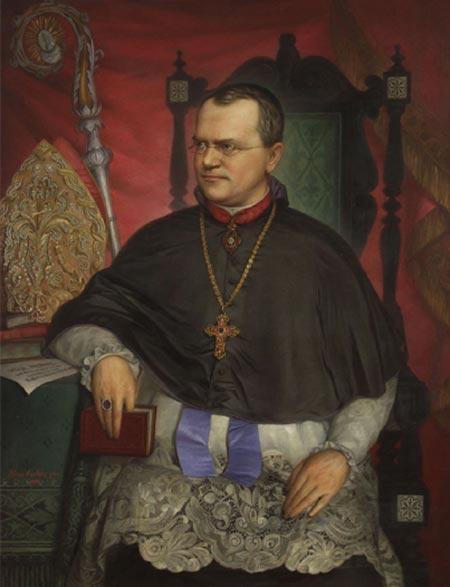
Since Mendel: From Counting Peas to Fluorescent Pigs
By Heather Whipps published
The father of genetics, a monk who spent eight years counting 300,000 peas, would not recognize some of the freaky things going on today.
Sign up for the Live Science daily newsletter now
Get the world’s most fascinating discoveries delivered straight to your inbox.

